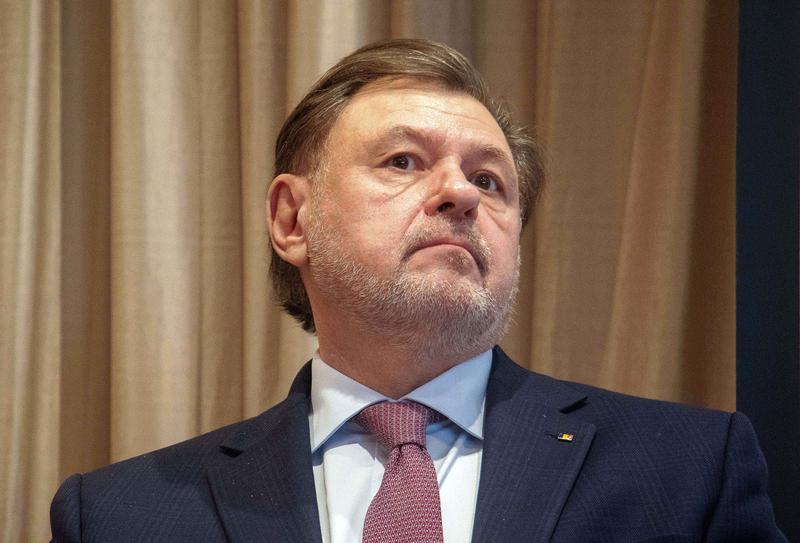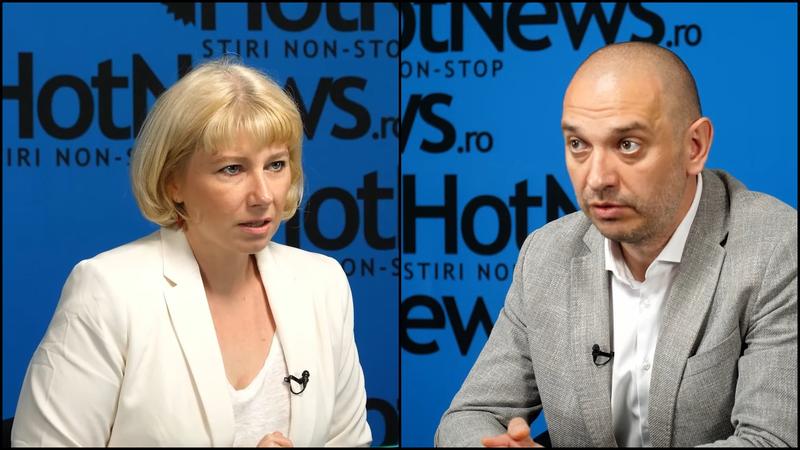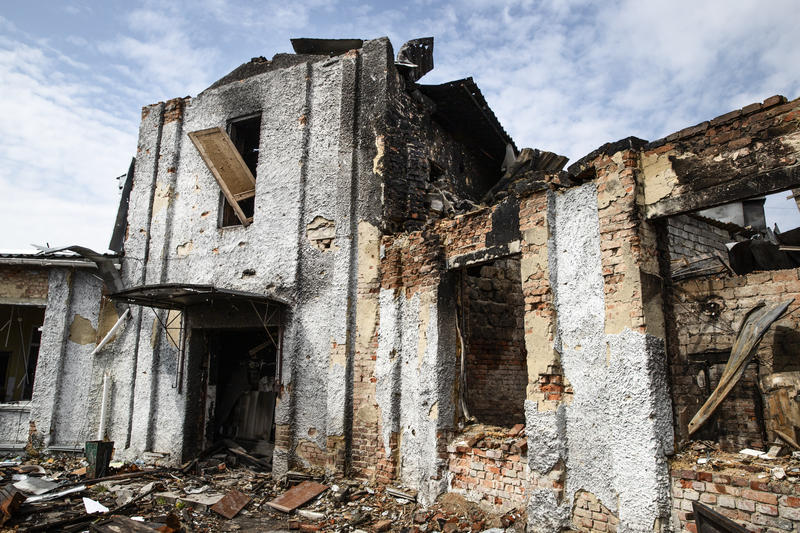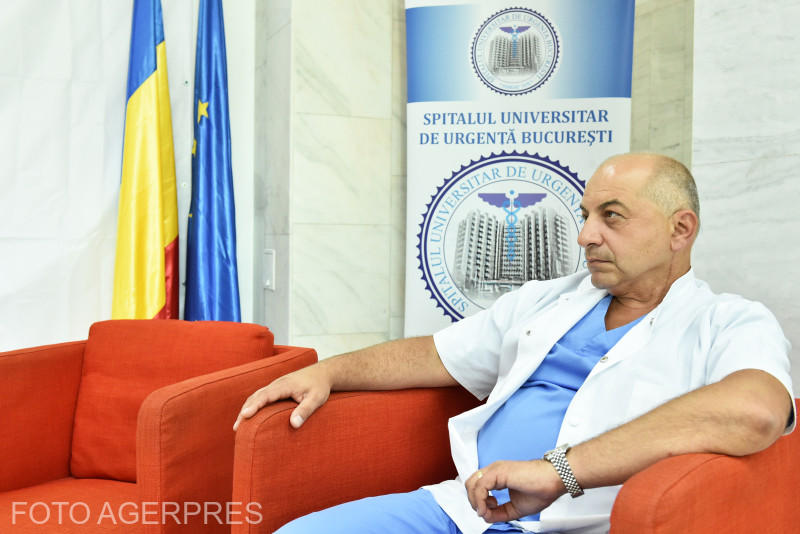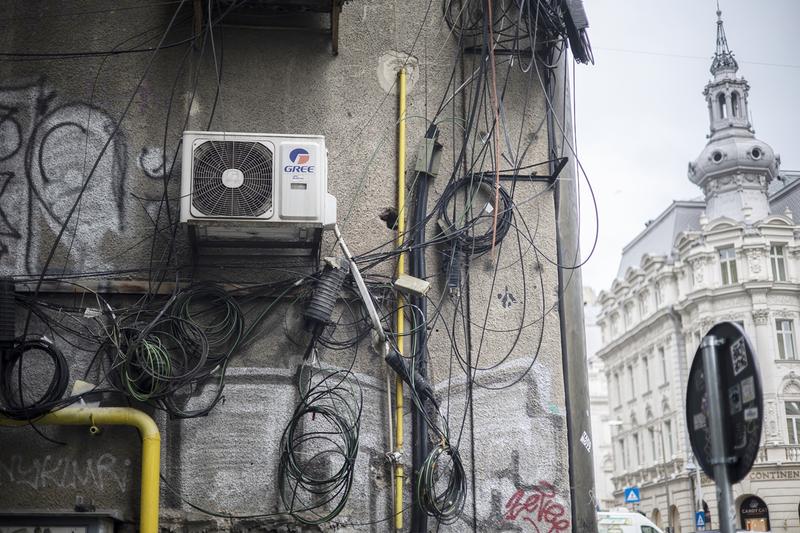Most front-page articles on Friday discuss the modifications brought to the criminal law in Romania, showing that media and anti-graft institutions will enjoy less rights than the criminals, in case the project voted by deputies come into force.
Meanwhile, Romania remains one of the countries with the most significant shadow economy, International Herald Tribune informs. Under these circumstances, Justice Minister Chiuariu sacks 15 Brussels-trained managers.
"The Criminal Protection Code was voted", as Evenimentul Zilei puts it, or "Deputies vote to protect the big fish of crime", as Gandul sees it, the problem is the same: the House of Deputies approved 120 changes to the Penal Code and the Penal Procedure Code, making the life a lot easier for criminals.
"Prosecutors won't be able to gather evidence against those they investigate. The means to gather evidence will become useless, including the phone taps and the house searches", Evenimentul Zilei reads.
The prosecutors won't be able to search a suspect's home unless they ask him to willingly offer the objects or the documents that may be used as evidence. Prosecutors may demand a search warrant in court only in case the suspect refuses to offer them the evidence at his own will.
The video and audio surveillance, including phone taps, can be conducted only after the criminal investigation is officially opened and the suspect is informed about the crimes they are accused of.
Major crimes was considered as such only in case the crime causes a material prejudice over 60,000 euros. After the new modifications, the threshold rises to 9 million euros.
Another modification refers to journalists, who may receive sentences from 2 to 7 years in jail for unveiling data just like the ones that led to the resignation of Agriculture Minister Remes.
"Unveiling the content of tapped conversations or audio-video recordings, even in case the person who decides to make it public came into possession of the recordings by accident or by chance" - these will be the actions that may send a journalist to jail.
Meanwhile, Romania is pointed at, along Bulgaria and Italy, as one of the EU states with the strongest shadow economies. According to International Herald Tribune, Vladimir Spidla, the EU's employment chief, said Europe's black market economy "undermines the financing" of national social security programs and hinders efforts to boost economic growth.
"There are no signs that the phenomenon is decreasing. Indeed in certain sectors and certain forms of work it appears to be growing," Spidla said. "We need to step up our approach and take more decisive action across the EU."
He said more legal jobs could be created if EU governments reduce the tax burden on labor and high social security contributions taken off salaries, wages and overtime payments", IHT's electronic edition reads, quoted by Gandul.
Since everything is so well-going in Romania, Justice Minister Tudor Chiuariu thought to himself that it's quite a fine moment to get rid of some experts in the Justice system. And so he did.
15 public managers, all of them trained in Brussels - with the European Union paying some 7.5 million euros for their training - were sacked on Thursday by Chiuariu. The move came smoothly, through a Governmental Order that lacked even the "motivation note".
The activity in 2006 of the 15 managers was praised in the reports issued by the commission enabled to verify their work. All 15 were awarded with higher positions and degrees in 2006 for their activity, Cotidianul informs.
Updating
